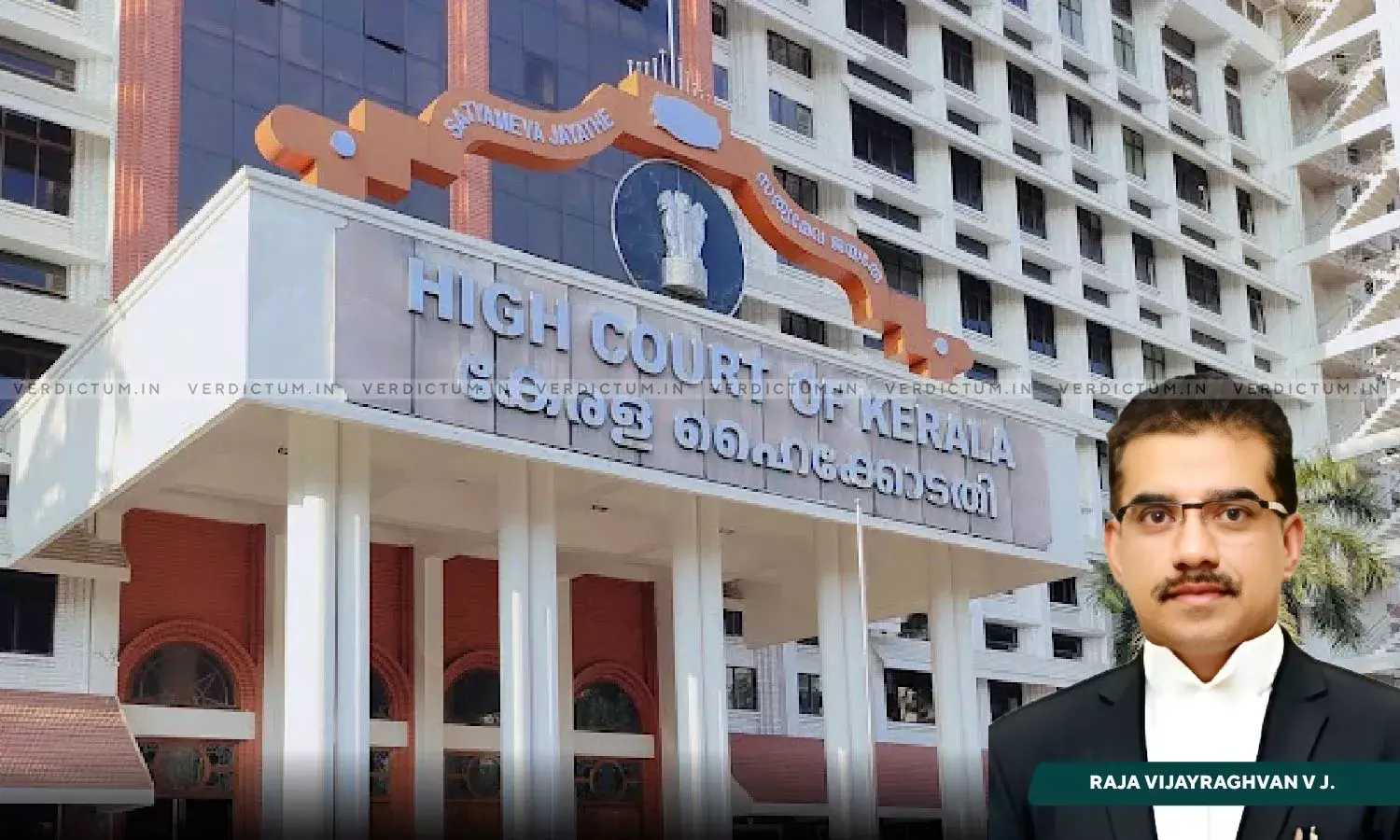Section 200 CrPC: Second Complaint Lies Only If There's Manifest Error In Order By Magistrate Not Taking Cognizance- Kerala HC

The Kerala High Court while dealing with a Petition under Section 482, CrPC set aside the process order issued by the Court of Chief Judicial Magistrate and reiterated that a second complaint will lie after a refer report filed by the Police, only if there was any manifest error in the previous order of the Magistrate refusing to take cognizance. The accused in the case was charged under Section 420, 468, 471 r/w. Section 34 of the Indian Penal Code (IPC).
The Petitioner had not made the Company a party and directly implicated the Accused without proving a direct mala fide intention on the part of the Accused.
A Single Bench of Justice Raja Vijayaraghavan V said, "... as held by this Court, a second complaint will lie only if there was any manifest error or manifest miscarriage of justice in the previous order or if the complainant relies on new facts or materials which were not to his knowledge or with reasonable diligence could not have been brought forward in the previous proceedings."
The Court noted that “No specific allegation has been raised in the complaint that the accused had occasion to induce the de-facto complainant either in person or through some other mode to take up employment in the company by assuring him that all the employees are covered by a policy of insurance and that it was by believing their words that he had taken up the engagement. In other words, except for saying that the accused are the owner and his employees, the complainant does not ascribe any incriminating role to the accused.”
Senior Advocate Nagamuthu and Advocate G.Harikumar appeared for the Petitioner while Public Prosecutor Neema T V appeared for the Respondent.
In this case, the complainant was a manager at the accused’s company. The accused was the owner of Nasser S Al Hajri and Partners General Trading and General Contracting Company (hereinafter referred to as "Al Hajri GCC"). The company was involved in business at Kuwait. However, it was alleged by the complainant that there was no valid documents to establish business in Kuwait.
Further, it was submitted by the complainant that there was a scheme for insurance mandatory for all Kuwait businesses. The accused forged documents to establish a legitimate business. The complainant, during the course of work, fell ill and had to be hospitalized. However, due to no valid insurance, the complainant could not get any reimbursements, leading to filing a case against the accused.
The High Court after considering the submissions by both sides said that “Insofar as the offense under Sections 468 and 471 of the IPC is concerned, Section 468 of the IPC penalizes a person for committing forgery for the purpose of cheating, and Section 471 of the IPC penalizes a person for using as genuine a forged document. Forgery is defined in Section 463 of the IPC. Forgery involves making any false document or part of a document with the intention to cause damage or injury to the public or to any person or to support any claim or title, or to cause any person to part with property, or to enter into any express or implied contract, or with intent to commit fraud or that fraud may be committed. Making a false document is the basic ingredient of forgery.”
The Court added that there are no materials either in the complaint or in the statement given by the witnesses to the effect that the petitioners made a false document or the manner and mode in which it was made or that they had altered any document or caused any person to execute any document.
The Court also observed that “The company, which is alleged to have procured a contract through fraudulent manipulation of records, has not been arrayed as an accused. The learned Magistrate has not applied his mind to the facts and materials presented to conclude at least prima facie that the accused were personally liable for any act allegedly done by the company. The learned Magistrate has also not recorded his satisfaction about the prima facie case against the accused and the role played by them in the capacity of Managing Director, Company Secretary, or Directors. As the same is a sine qua non for initiating criminal action against them, the order issuing process is liable to be reversed for the above reasons.”
The Court held that the Magistrate erred in taking cognizance and issuing process to the accused. Accordingly, the High Court allowed the Petition and set aside the process orders issued to the accused.
Cause Title: Ashok Kumaran & Anr. v. State of Kerala & Anr.

